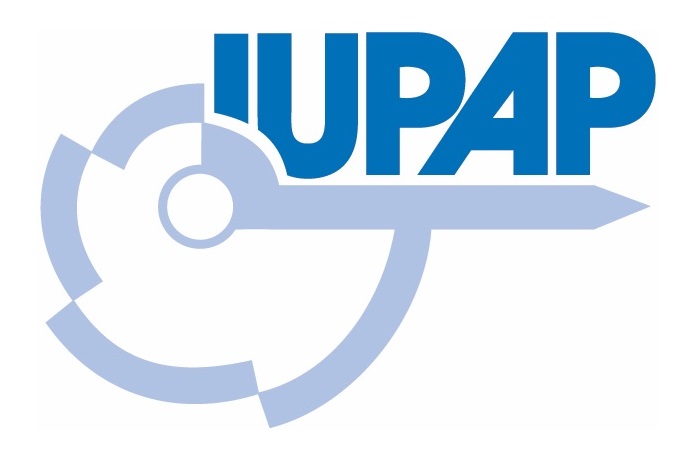
- A
- A
- A
- ABC
- ABC
- ABC
- А
- А
- А
- А
- А
-
The School
- About the School
-
Education
-
Bachelor’s programmes:
-
Master’s programmes:
-
- Science
- Staff Members
The School of Applied Mathematics was created in 2015. Our educational programmes focus on the development of control systems and information processing, as well as modern methods of mathematical and computer modeling. The School implements master’s programmes in ‘Information Management’ and ‘Processing Systems in Engineering’.
Чурбанов Р. Р.
Vol. 12. 2024.
Anna S. Bodrova, Osinsky A. I.
Physical Review E - Statistical, Nonlinear, and Soft Matter Physics. 2025. Vol. 111. No. 3.
In bk.: Advances in Computer Graphics: 41st Computer Graphics International Conference, CGI 2024, Geneva, Switzerland, July 1–5, 2024, Proceedings, Part III. Vol. 15340. Springer, 2025. P. 323-335.
arXiv.math. arXiv.org e-print archive. Cornell Univercity, 2024. No. 2412.15611.
Tag "achievements" – News


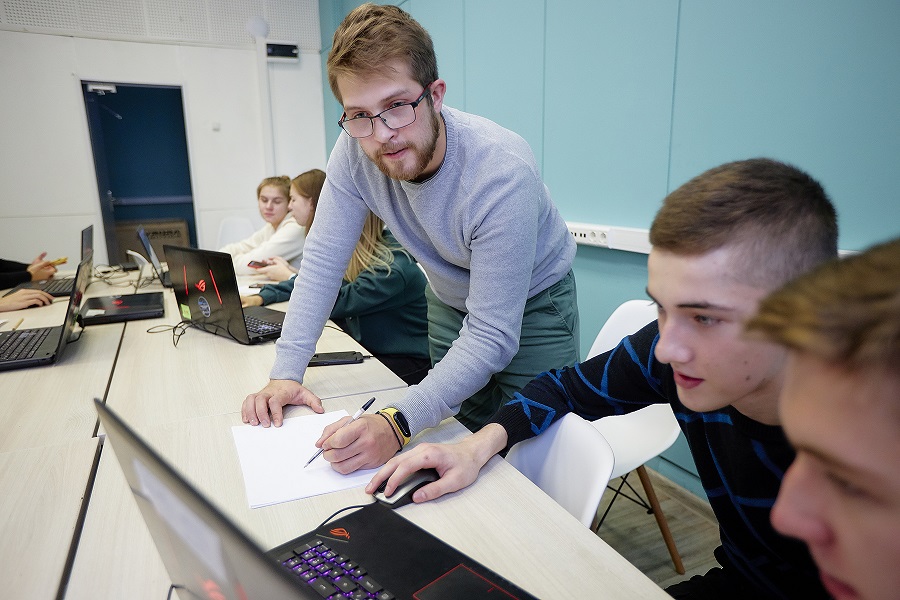

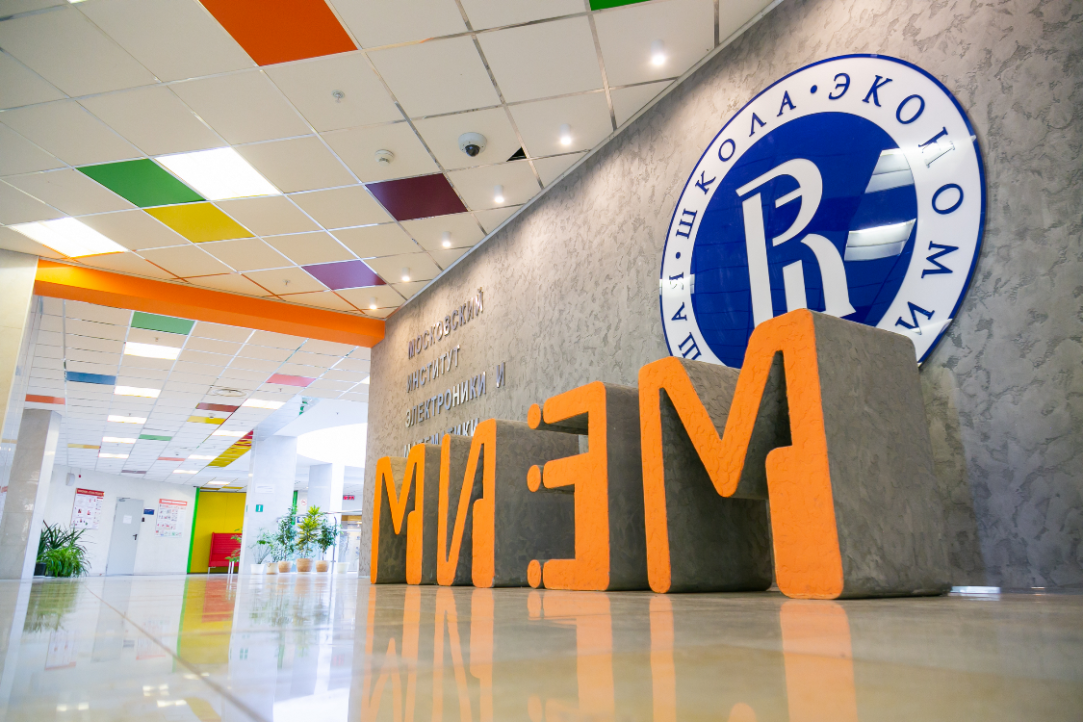

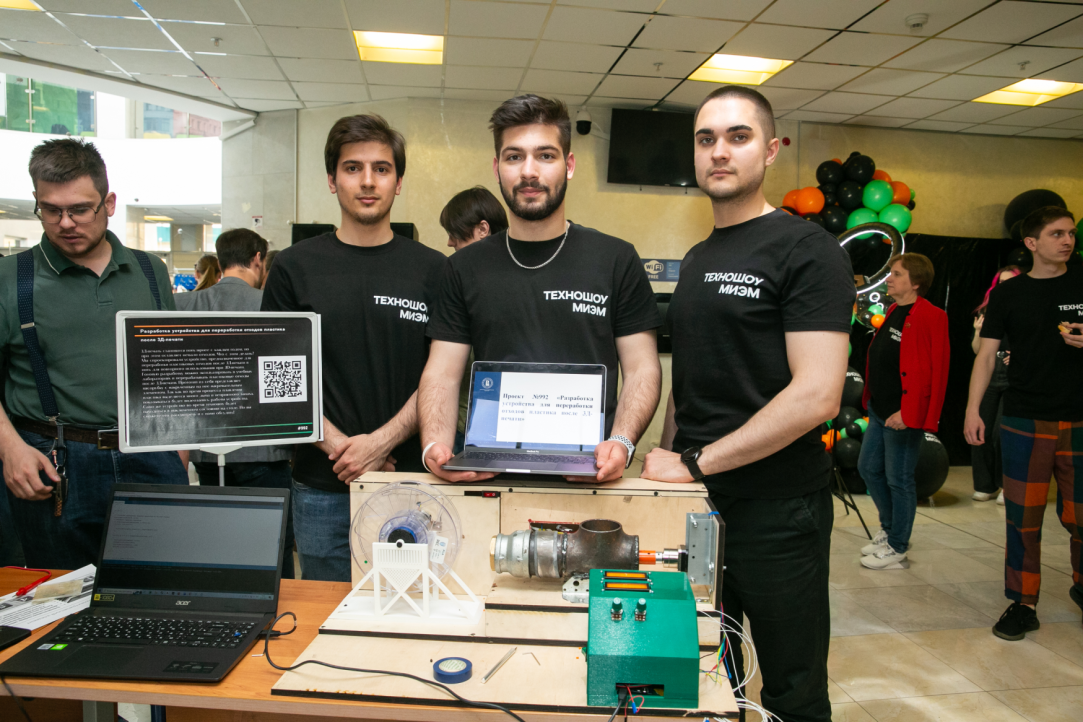



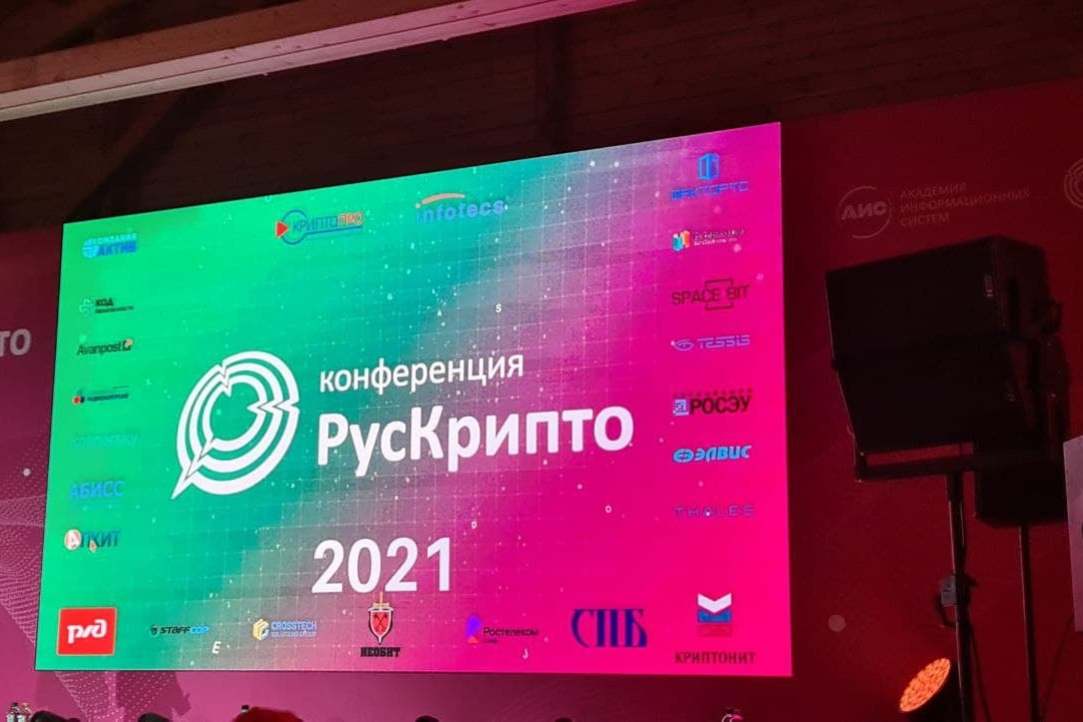

.jpg)



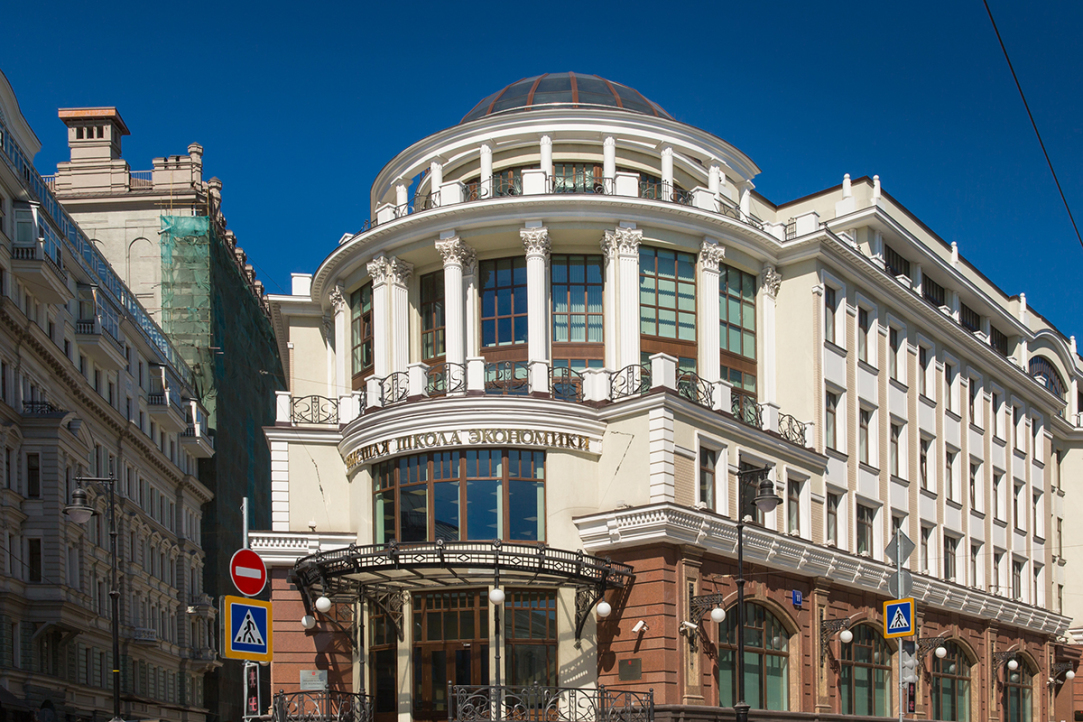

- About
- About
- Key Figures & Facts
- Sustainability at HSE University
- Faculties & Departments
- International Partnerships
- Faculty & Staff
- HSE Buildings
- Public Enquiries
- Studies
- Admissions
- Programme Catalogue
- Undergraduate
- Graduate
- Exchange Programmes
- Summer Schools
- Semester in Moscow
- Business Internship
-
https://elearning.hse.ru/en/mooc/
Massive Open Online Courses
-
https://www.hse.ru/en/visual/
HSE Site for the Visually Impaired
-
http://5top100.com/
Russian Academic Excellence Project 5-100
- © HSE University 1993–2025 Contacts Copyright Privacy Policy Site Map
- Edit

